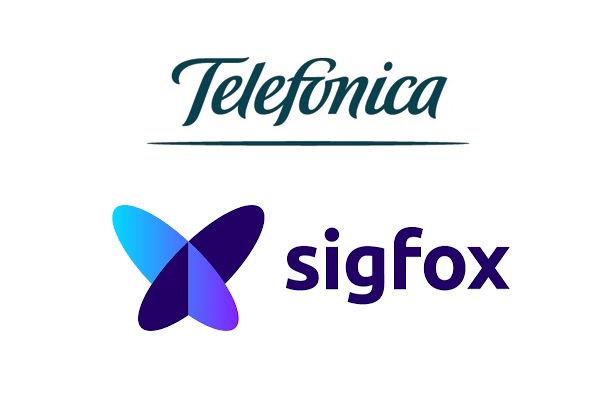Sigfox’s low-power connectivity technology will be integrated into Telefónica’s managed connectivity platform, providing LPWA capabilities to its business customers.
The two companies have signed a deal that will see Telefónica customers given the option to choose from the operator’s cellular connectivity and Sigfox’s LPWAN connectivity, with the ability to combine the two where necessary.
Sigfox’s cloud will also be integrated into the managed connectivity platform, allowing the operator to develop and offer its own end-to-end IoT solutions.
The two companies are in discussions with customers for IoT roll-outs in the asset tracking and smart metering industries in Europe and Latin America in 2017, Sigfox said.
This includes countries within Telefónica’s footprint such as Spain, Germany, Mexico, Colombia, Argentina and Brazil, as well as the US and France.
Andres Escribano, New IoT Connectivity Business Director at Telefónica, said: “The simplicity of Sigfox’s connectivity solution and its global IoT ecosystem are a great complement to our IoT connectivity technologies and our LPWA strategy. Together, we are more able to help our customers capitalise upon the great IoT opportunity and conquer new markets.”
The tie-up follows Telefónica’s investment in Sigfox in 2015 as part of a $115 million funding round and gives it a stronger presence in the non-cellular LPWA market.
According to a report by ABI Research released late last year, non-cellular LPWA technologies such as Sigfox’s will outstrip the share of cellular LPWA technologies such as NB-IoT and LTE-M.
Telefónica also has a presence in cellular LPWA. In January, the operator signed a memorandum of understanding with Huawei to work on bringing NB-IoT to markets across Europe and Latin America. Trials of the technology have started and commercial launches are mooted for later this year.


